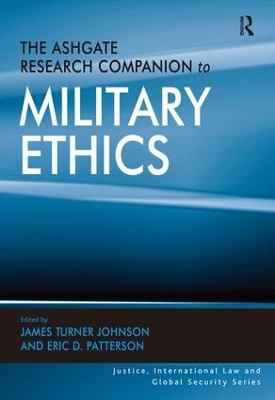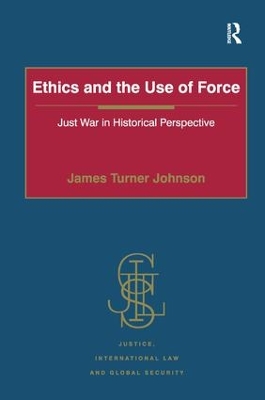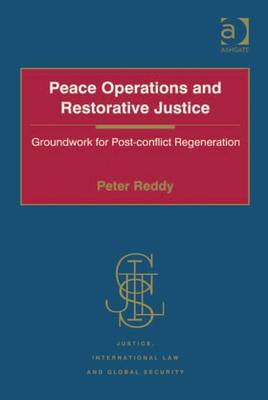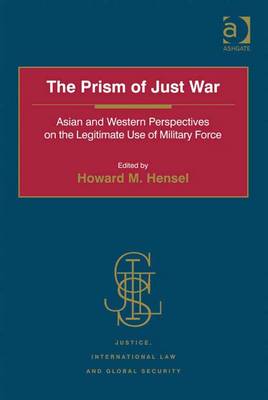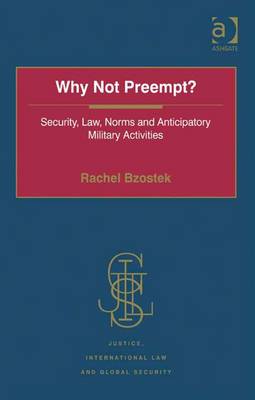Justice, International Law and Global Security
5 total works
The Ashgate Research Companion to Military Ethics
by James Turner Johnson and Eric D. Patterson
With a bold vision and a distinctive message, Reddy stipulates that international peacekeeping can be designed and implemented using the principles of restorative justice. To prove this, Reddy discusses the congruence of crime, armed conflict and violent disorder, critiquing restorative justice and its nuanced character as a suitable application to complex civil wars. This book provides a comprehensive survey of peace operations and then focuses on the cases of Somalia and Bougainville. The comparison between their societal contexts, their conflicts, peace operations and final outcomes are crucial to this argument. Furthermore, this shows how the constraining, maximising and emergent values of restorative justice can be applied in a peacekeeping setting, from the overall command level through to the behaviours of deployed peacekeepers - with direct contemporary application. This sharp study makes for evocative reading as it introduces the new concept of regeneration as key to any restoratively arranged peace operation. Military, police, NGO and civilian peacekeeper practitioners, as well as academic theorists, can use this unique work to produce better and more lasting results for conflict ridden communities.
The Prism of Just War
Through a careful examination of religious and philosophical literature, the contributors to the volume analyze, compare and assess diverse Western, Islamic, Hindu and East Asian perspectives concerning the appropriate criteria that should govern the decision to resort to the use of armed force and, once that decision is made, what constraints should govern the actual conduct of military operations. In doing so, the volume promotes a better understanding of the various ways in which diverse peoples and societies within the global community approach the question of what constitutes the legitimate use of military force as an instrument of policy in the resolution of conflicts.
Anticipatory military activities, which include both preemptive and preventive military actions, are at the centre of American strategic doctrine - however, states rarely use these activities. Rachel Bzostek puts forward an integrated analysis to help understand why states have or have not undertaken such activities in the past. By exploring what kinds of strategic or structural elements compel states or leaders to take anticipatory military action, as well as how these concepts are viewed in both international law and the just war tradition, this book uses case studies to examine those elements that have played an influential role in the decision-making process.
Ideal as a course reader for upper division undergraduate and graduates in security studies, international law, US foreign policy and those involved in the teaching and training of the military.
